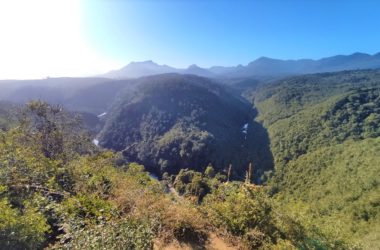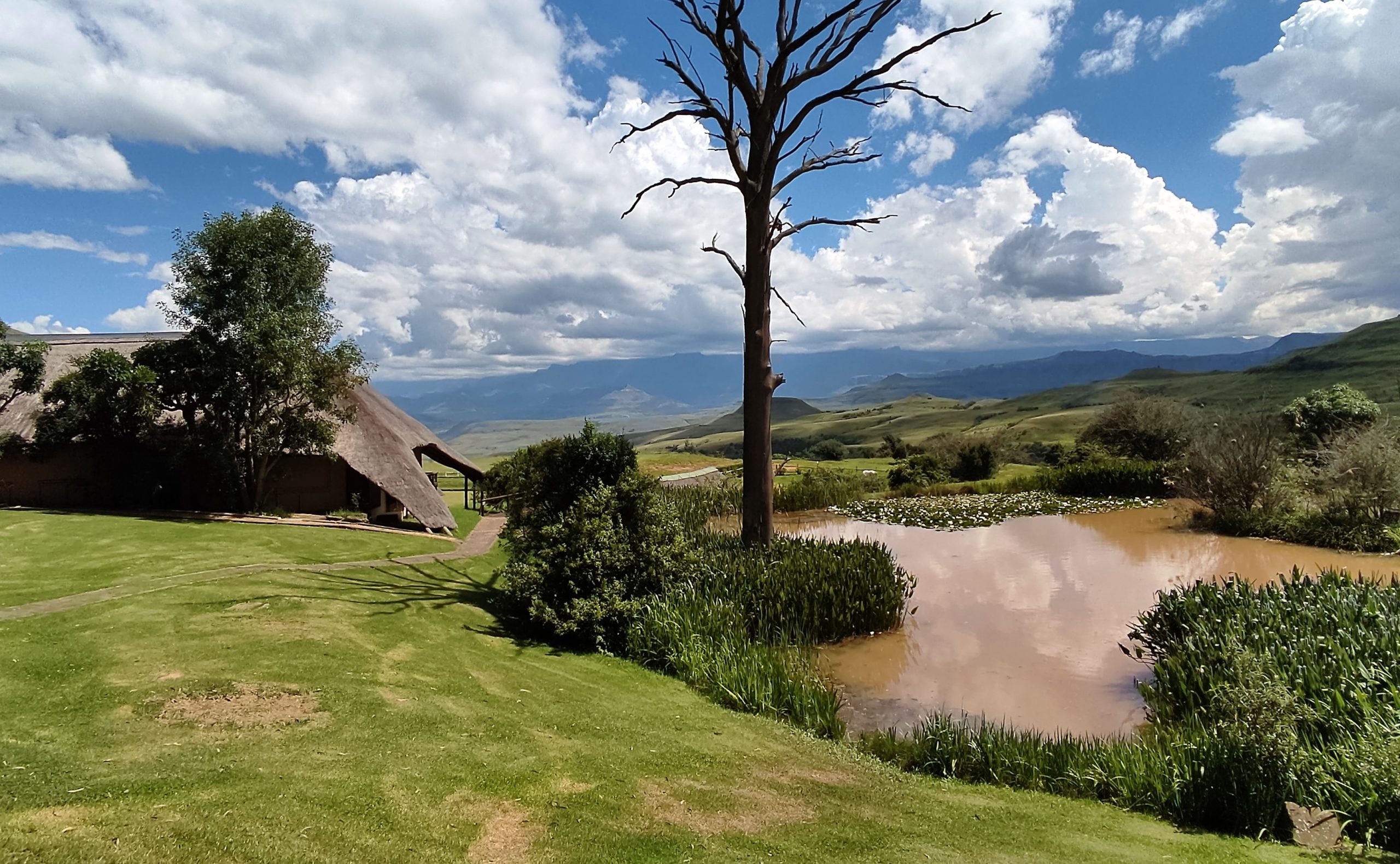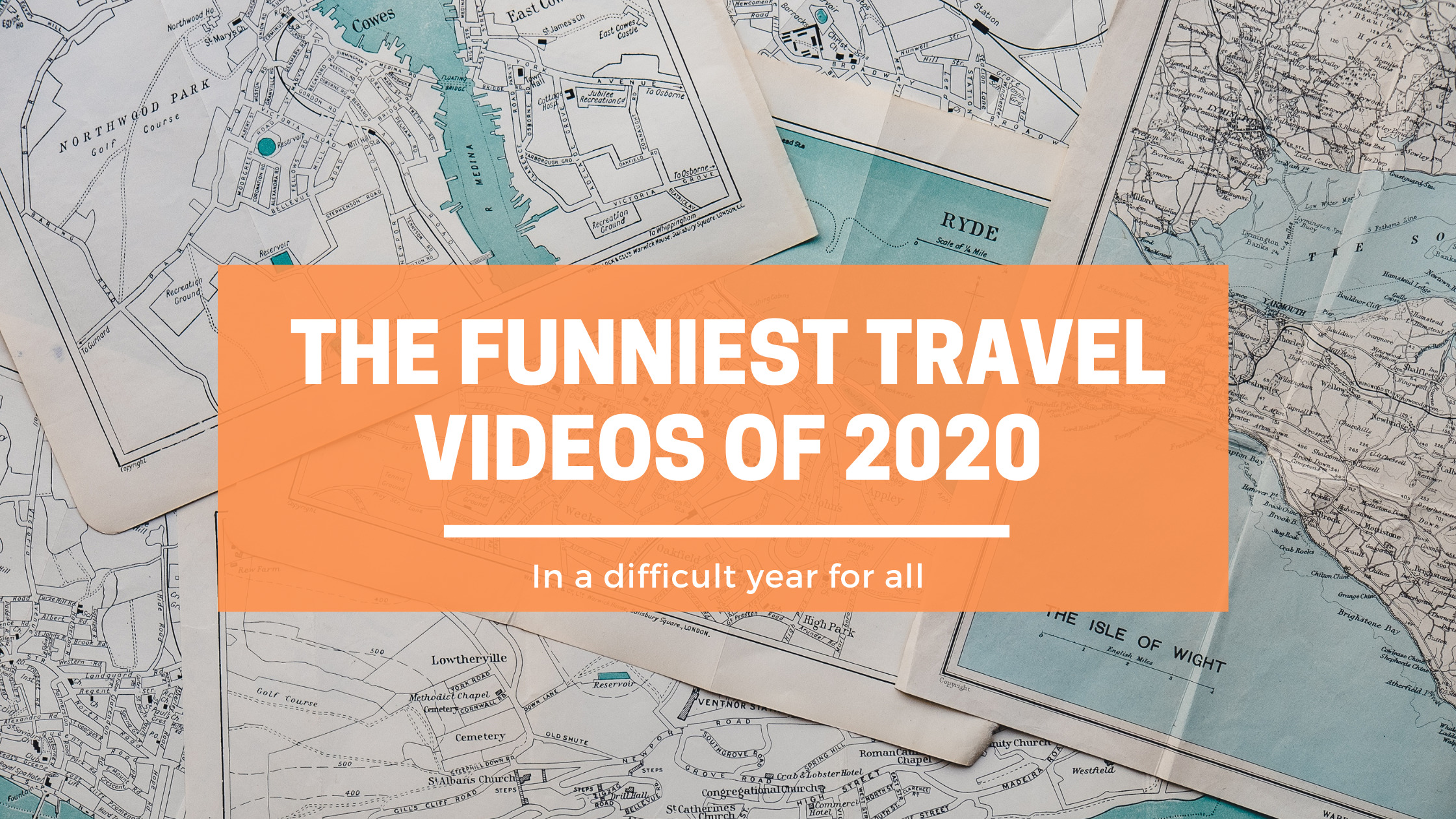Risk is part of any adventure. Exploring the wild, diving, hiking, paragliding and even solo traveling has become a very popular trend, especially since the Covid-19 pandemic where many travelers have opted to get out of the house and explore local destinations further.
But one must not overlook the dangers that it brings with them. There is no harm in exploring the world off the beaten path, but it’s always necessary to have your affairs managed in case of a catastrophe.
How to make sure you’re safe?
It is always a good idea to make your family and friends aware of your travel plans, in case you do not return at a specific time. This is especially important for solo trips. Even though you are going to travel solo, you must have a few trusted people with whom you can share your location just in case of a crisis. Also ensure that you have adequate travel insurance before you embark on your adventure. This can prove beneficial also if you add certain risk factors to it which may include climbing, diving, hiking, jet skiing, etc., which are not covered on many policies.
Be prepared for an emergency
The incidence of theft and being attacked with a weapon are quite common in certain areas. One can simply be more careful with their wallets and valuable items by keeping them safe in one place to prevent any loss. Use chained wallets and split certain belongings such as your spare credit card and emergency cash. Likewise, if you are going to travel towards a less populated areas, you must ensure that you have supplies like water, medications, first aid, warm clothes, a lighter, fully charged phone and some extra food. You may also require a self-defense weapon if you believe there may be a risk of being attacked (e.g. a pellet or pepper ball gun, or pepper spray).
Keep your close ones updated
While we should all aim to disconnect from the Internet when travelling, do ensure that you have a mobile device with you that is active, and that you have a fully charged power bank with you. This increases your chances of being found in an accident. Know yourself and know your limitations. Don’t succumb to peer pressure, or risk your life for the likes on Facebook, Tiktok and Instagram.
Make arrangements with your family
One must always be prepared before going on an adventure by maintaining an up-to-date version of their Last Will and Testament, just in case that they never return. Nobody is invincible, and death can come to us at any time in any place. We may be the fittest, strongest and most experienced travelers but many things are just out of our control.
You can also use the Shared Trust app to nominate specific people you trust to receive certain records that you want them to know (e.g. passwords to your social media accounts, location of valuables, financial account details, policy information, personal messages, etc.). This information will only be unlocked to those people after you are confirmed missing, disabled or deceased. Ensure that the people you trust will know what they need to, should you not be around one day.
References
Shared Trust. (n.d.). FAQ. Retrieved from Shared Trust: https://sharedtrust.app/faq/
Smarter Travel. (2008, June 26). Essential tips for planning an adventure trip. Retrieved from Smarter Travel: https://www.smartertravel.com/essential-tips-for-planning-an-adventure-trip/







